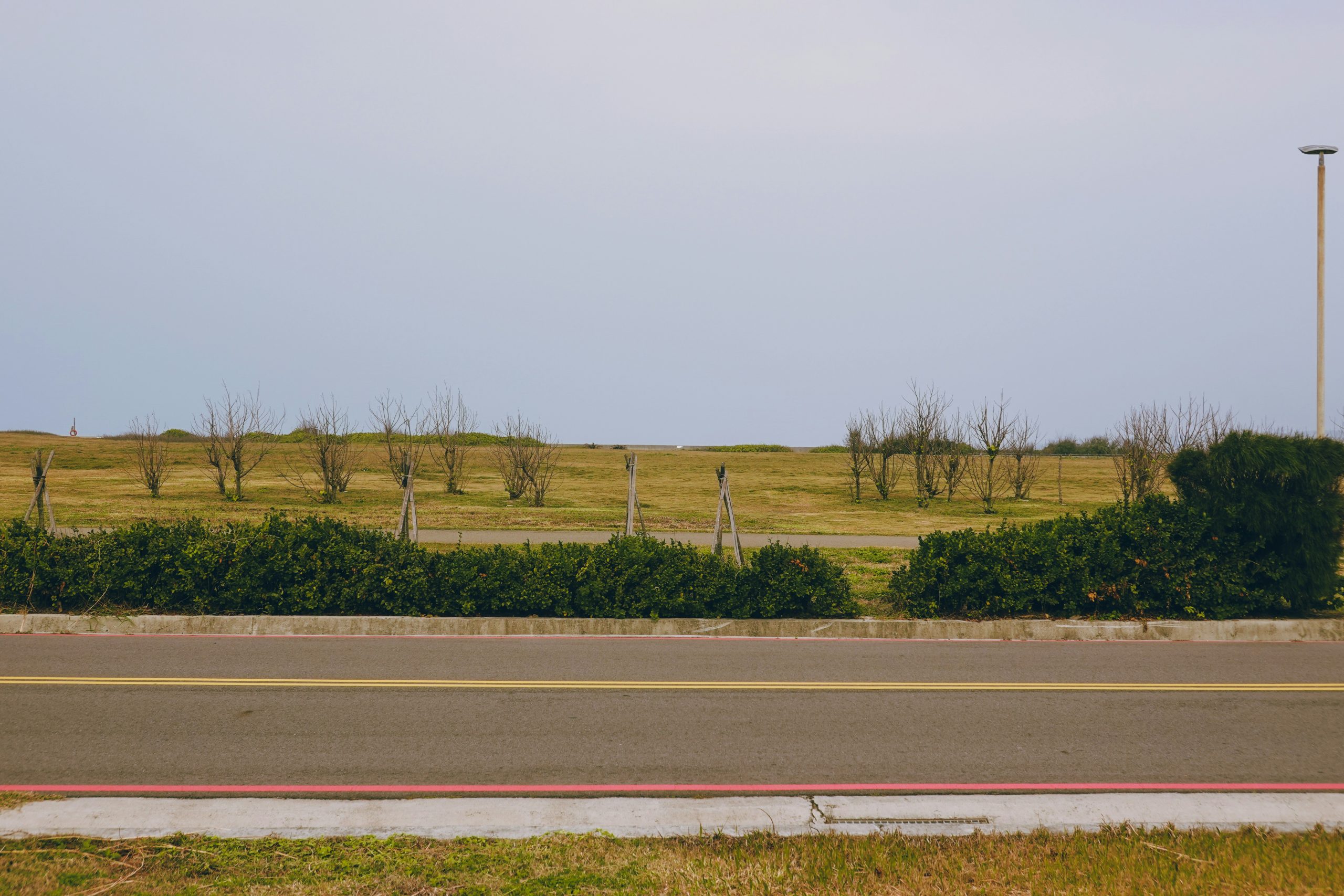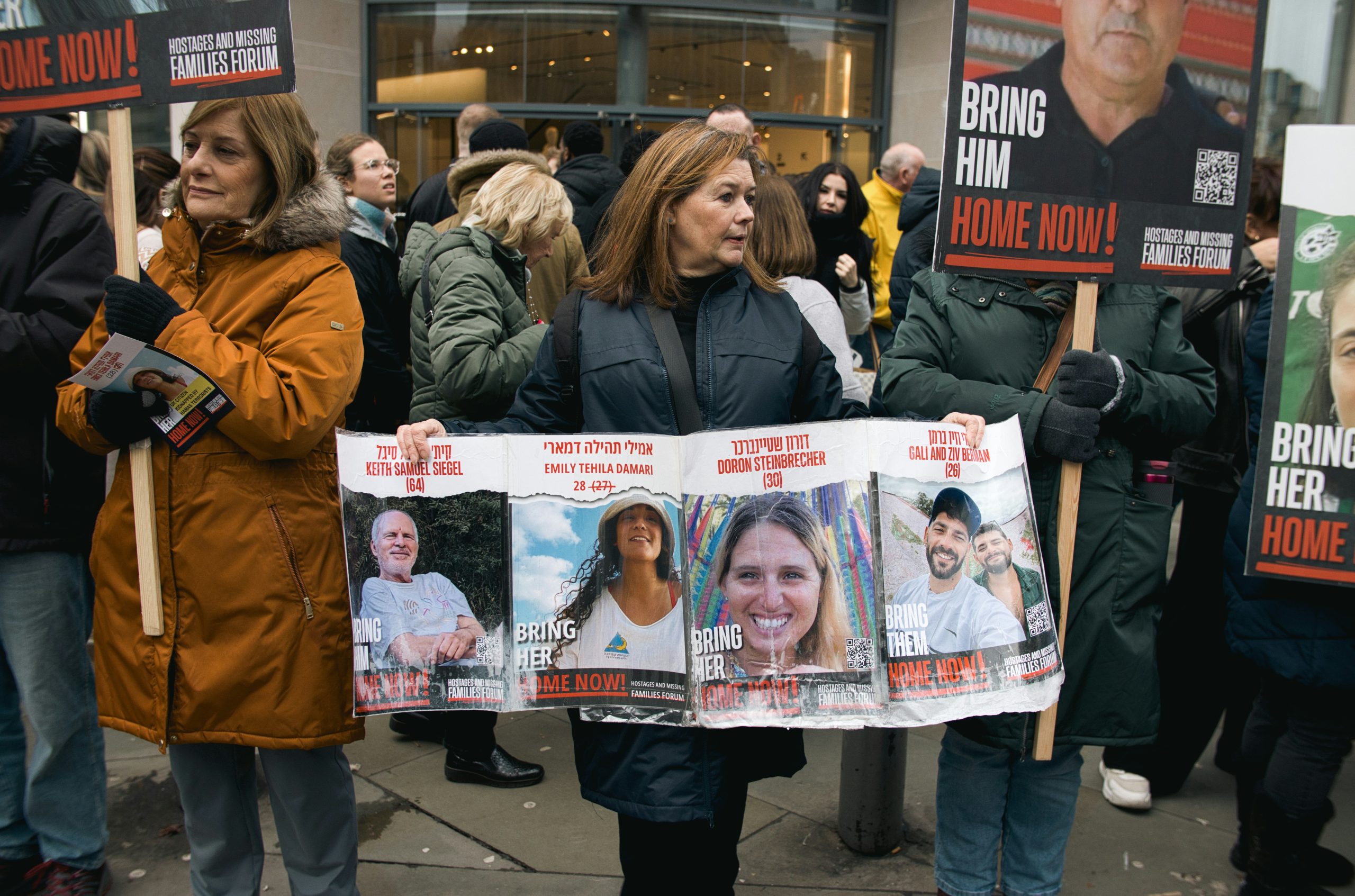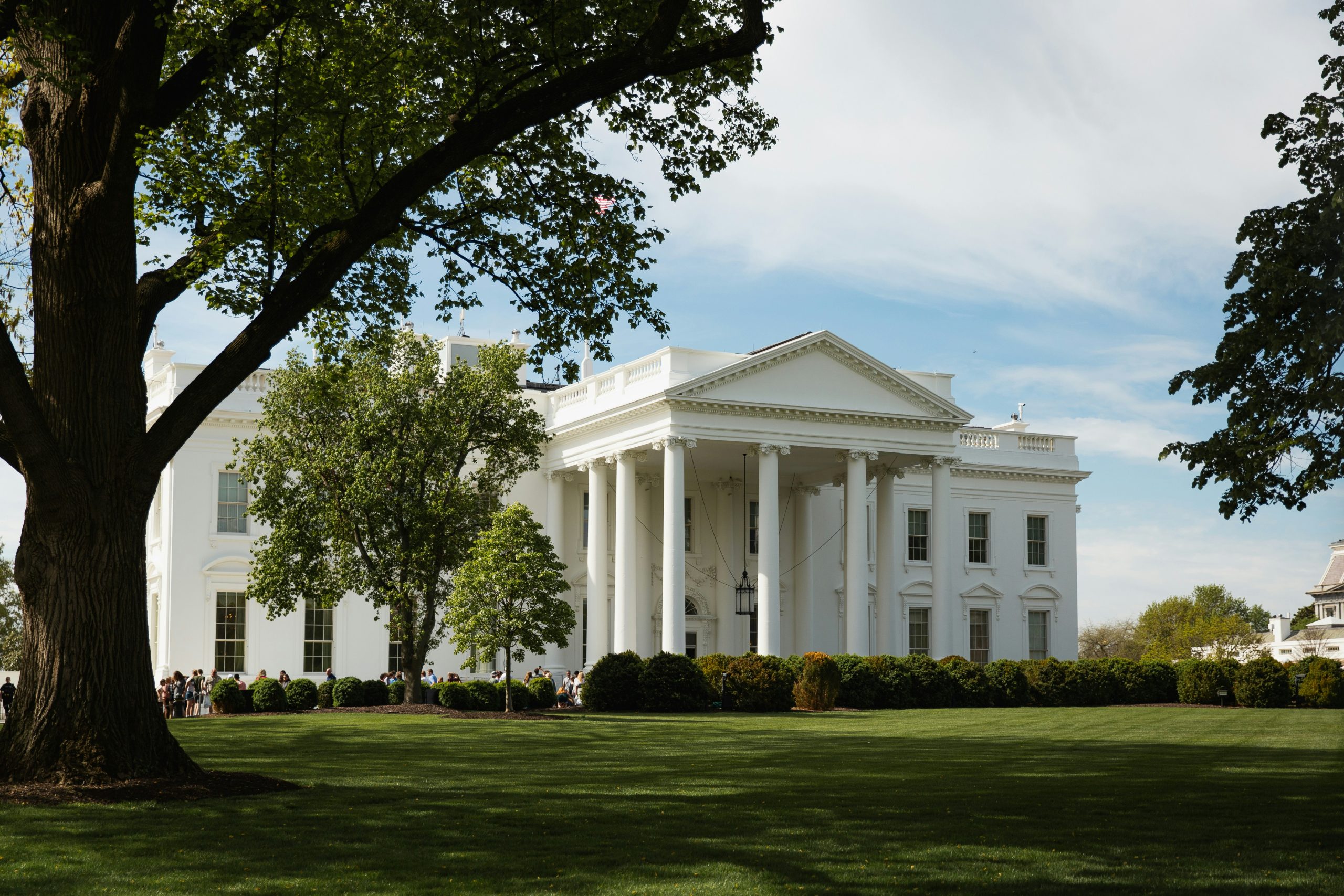Rising Tensions: Iran’s Imminent Retaliation Against Israel Amidst Regional Unrest
As the geopolitical landscape in the Middle East becomes increasingly volatile, the specter of conflict looms larger following the assassination of Hamas leader Ismail Haniyeh. Iranian Supreme Leader Ayatollah Ali Khamenei, alongside senior military and political officials, has unequivocally stated that Iran will retaliate against Israel for its actions, escalating fears of a broader confrontation in the region.
Recent reports indicate that U.S. officials are closely monitoring the situation, interpreting military maneuvers in the vicinity as a clear signal directed at Iran. The U.S. stance reflects a growing concern over Iran's potential military ambitions and its impact on regional stability. This heightened tension has drawn attention not only from Israel but also from international leaders who are now engaging in diplomatic efforts to calm the escalating crisis and advocate for a ceasefire.
The situation is further complicated by the ongoing internal strife within Israel's leadership. Prime Minister and Defense Minister have publicly debated the objectives behind their military strategy in Gaza, with questions being raised about the feasibility of achieving a 'total victory.' This internal discord may embolden Iran, prompting a faster response as they gauge Israel's resolve amid its leadership's uncertainty.
In the midst of these developments, Hamas has claimed responsibility for the deaths of an Israeli hostage and injuries to two others, intensifying the urgency of the situation. The White House has issued warnings about the potential for an imminent Iranian attack against Israel, underscoring the precarious nature of the current standoff.
As the clock ticks, both Israel and Iran are poised for confrontation, with military preparations underway on both sides. Israeli Defense Minister Yoav Gallant has communicated to U.S. Defense Secretary Lloyd Austin that signs indicate Iran is gearing up for a large-scale assault, a claim that amplifies concerns among U.S. and allied forces in the region.
With international leaders rallying to mediate and reduce tensions, the possibility of a diplomatic resolution hangs in the balance. However, the recent actions and statements from both Iranian and Israeli officials suggest that both nations are preparing for the worst. The world watches closely as the potential for conflict in the Middle East escalates, raising critical questions about the future of peace and security in this volatile region. As the region stands on the brink, it remains to be seen whether diplomacy can prevail over the drums of war, or if the situation will spiral into a larger conflict that could engulf the entire region.











